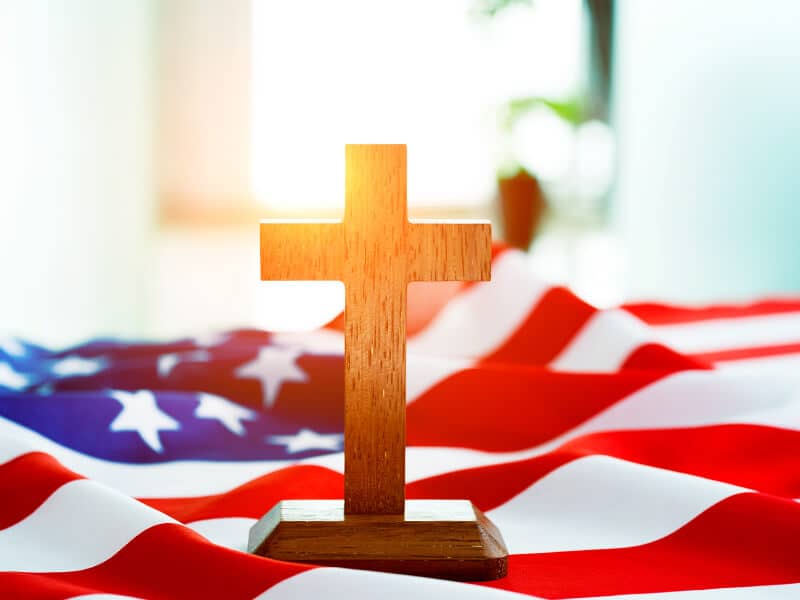The first presidential campaign mentioned in these annual articles was the Goldwater-Johnson clash of 1964. *World Book*: "Many aspects of the Republican candidate's program appealed to many of the more orthodox Protestants." That was a reference to the then not-yet-labeled "evangelical" or "Christian right" vote that seemed to have been defeated with Goldwater.
The article continued: "A poll of denominational editors revealed a personal preference for the Democratic candidate. The great majority of prominent church periodicals that did endorse a candidate gave their support to the President. Senator Goldwater complained about the clergy's opposition to him. . . . Early appraisals of the popular vote seemed to reveal that Protestants divided their sympathies much the same as other Americans did."
Times have changed. Now those "orthodox Protestants," often in parachurch and entrepreneurial ministries, are almost the only endorsers around. All are for Governor Bush. The other endorsers, unmentioned in the 1964 campaign, are the politically potent African-American church leaders, mainly local pastors. Almost all are for Vice President Gore.
Individual Jews, Catholics, Muslims, and mainstream Protestants may be speaking up for and endorsing candidates, but as for their denominations, parachurch organizations, and official or semi-official outlets? Not a peep. Do you know of exceptions? Yes, Catholic bishops have strong views against abortion, but are usually careful not to name names of candidates. The National Council of Churches, the Protestant denominational leaders and editors, other long-ago fighters on political fronts -- all are quiescent. Power in such groups is now in congregations, and it is both too hard to track them and not easy to measure their influence.
Various factors may be at play. The eyes of the I.R.S., which frowns upon formal endorsements by tax-exempt religious bodies, is not likely a prominent one. Instead, devotion to causes more than satisfaction with either party or candidate causes religious leaders to be cautious about explicit support. Awareness that many of the moral issues they care about don't get voiced in the high-priced attack-ad campaigns leads others to back off. Division within the ranks makes it hard for religious groups to speak with a single voice. Religion has been all over the place during the campaign, but only the Christian right and the African-American churches form what look like movements.

